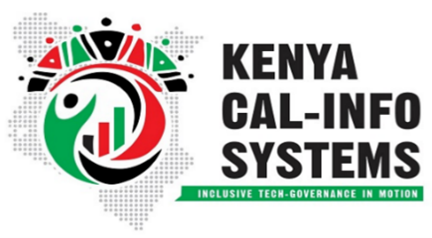

Kenya Cal-Info Systems (KCIS) is a premier communication technology and consultancy firm dedicated to transforming the way organizations communicate, learn, and innovate. We were established to bridge the gap between technology, inclusivity, and effective information management, providing end-to-end corporate communication solutions for both private and public sector institutions in Kenya and across the region.
We specialize in developing and deploying inclusive, research-driven communication systems that foster accessibility and drive policy transformation. Our integrated approach combines training, research, policy support, and technology innovation. This ensures we create sustainable communication ecosystems that align with national development goals and global standards.
KCIS is led by a multidisciplinary team of strategists, ICT experts, researchers, and policy advisors with deep experience in communication, accessibility, and institutional development.


Our work is guided by six fundamental principles that define who we are and how we operate.
Upholding honesty, transparency, and ethical standards in all engagements.
Continuously exploring new ideas and technologies for better solutions.
Ensuring equitable access to information for all, including persons with disabilities.
Delivering superior quality in every project, program, and service.
Partnering with clients, communities, and institutions for shared success.
Focusing on sustainable results that create long-term value.
To be Kenya's leading provider of inclusive, innovative, and impactful communication systems and services that enable organizations to connect, inform, and grow sustainably.
To enhance corporate and institutional communication through cutting-edge technology, research excellence, and capacity development, promoting inclusivity, knowledge sharing, and effective policy implementation.
To achieve our mission, we focus on five key pillars that guide our work and drive our impact.
Strengthen communication capacities through customized training and consultancy.
Support public institutions in policy formulation, review, and implementation.
Advance research and innovation in inclusive communication technologies.
Promote accessibility and usability standards in communication systems.
Enhance collaboration on communication policy and development.